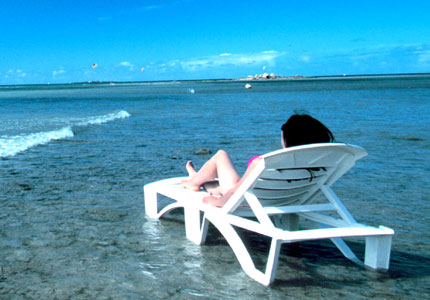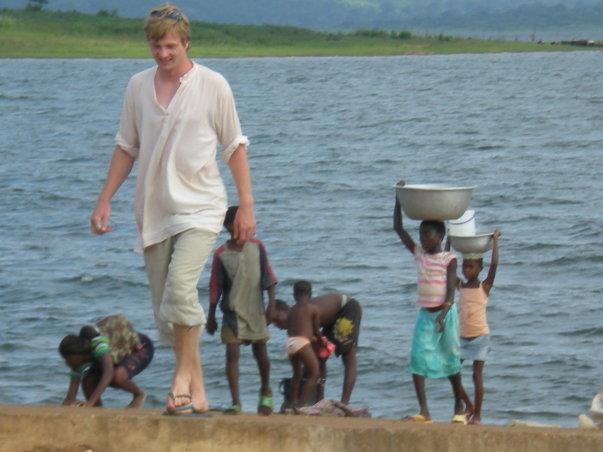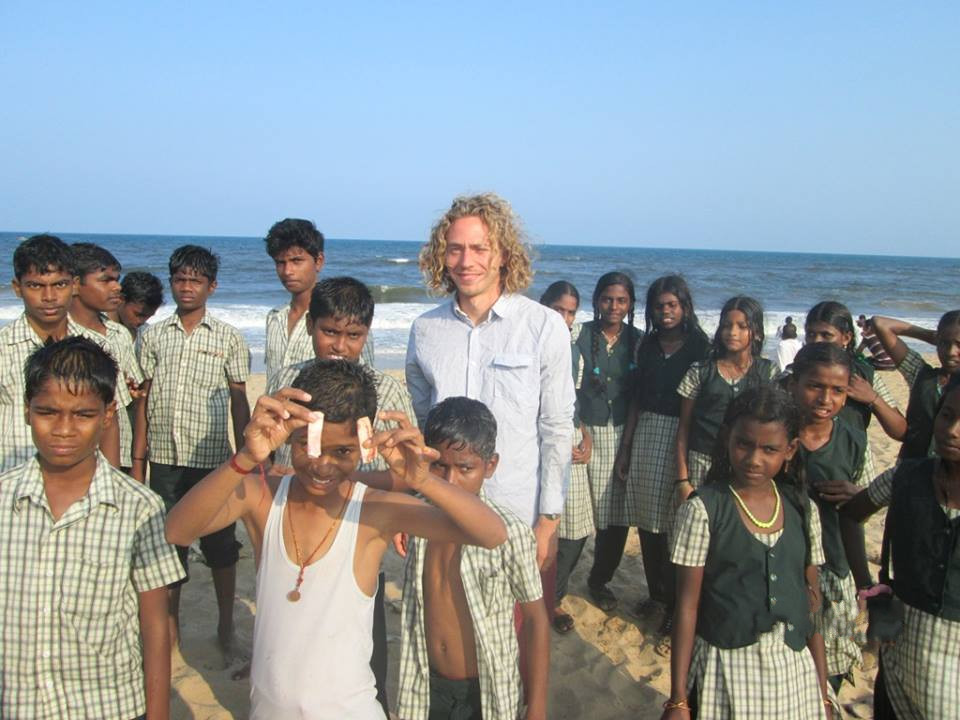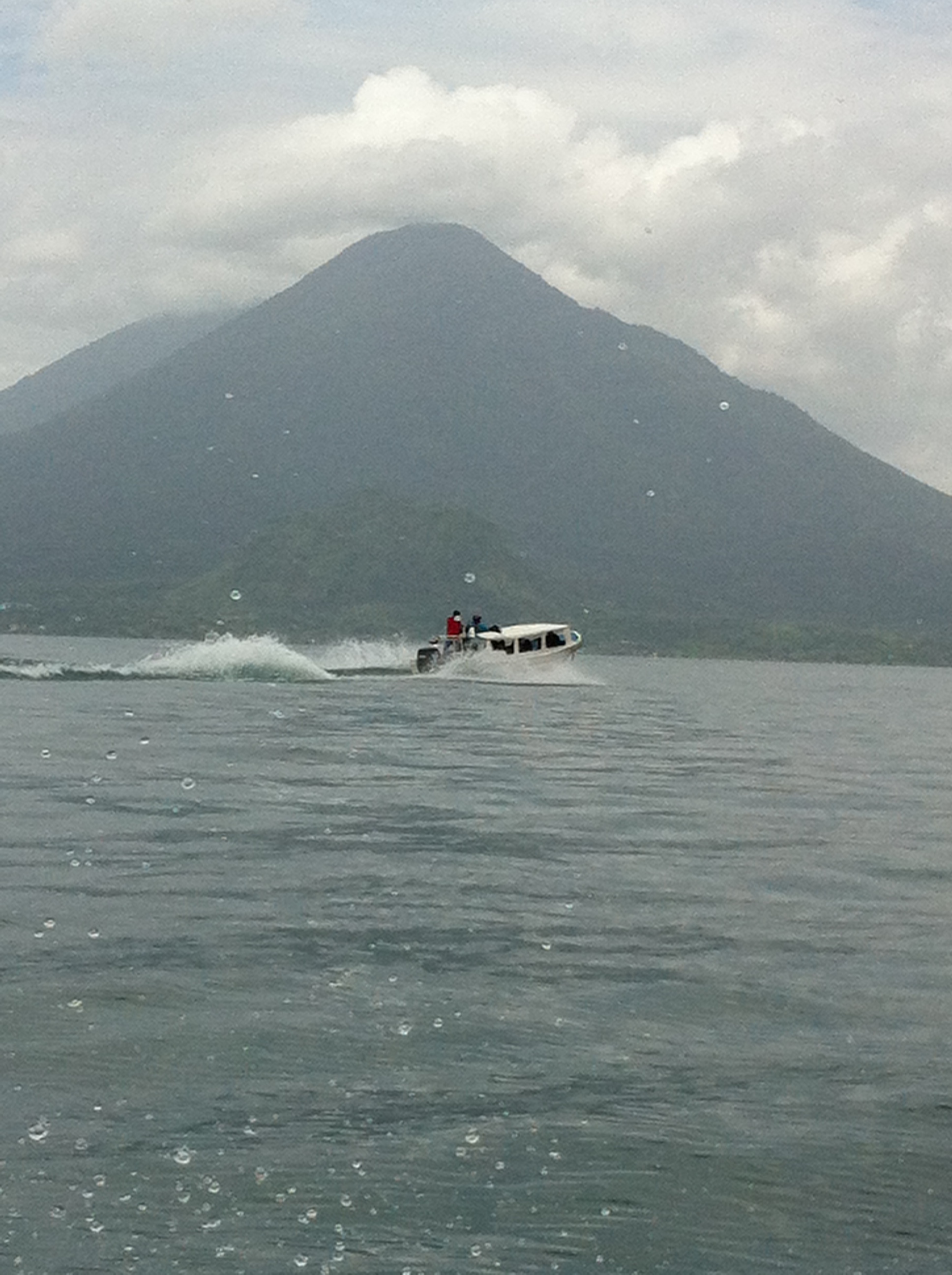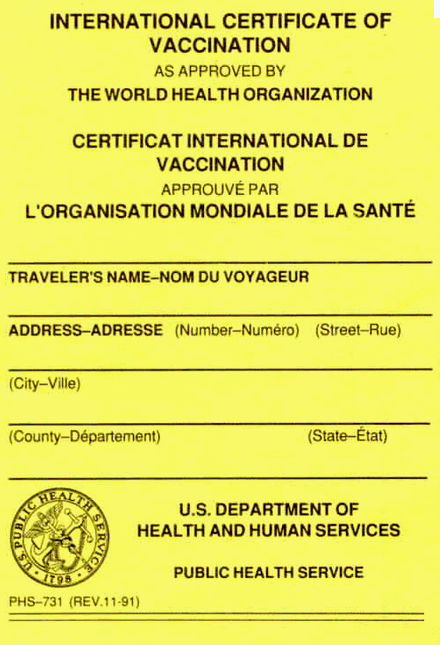The Sydney Morning Herald reports that solo travel is a trend that’s happening more and more around the world.
Recent figures from Britain indicate that 15.4 million Brits are planning to holiday alone, up from 9.6 million a decade ago.
John Noake, manager of the Australian travel company Solo Traveller, said it was a growing trend in Australia.
“Since the beginning of 2005, when we began Solo Traveller, our single travel market has increased and women now make up over 70 per cent,” he said.
Jenifer Bird, communications manager for adventure travel company Intrepid, said: “I think that many people are travelling solo because we are all so busy these days, and as a result often have a specific time frame within which we travel. It is increasingly difficult to find a travelling buddy ready to go at the same time, hence the group environment offers an alternative.
“Intrepid has always appealed to single travellers, largely because we don’t demand a single supplement for going solo. In addition, single travellers, women in particular, like the company and security of travelling in a group. The advantage of Intrepid is that the group remains small, and comprises like-minded travellers.”
Online travel agency Zuji is also noticing the trend towards more women travelling by themselves.

